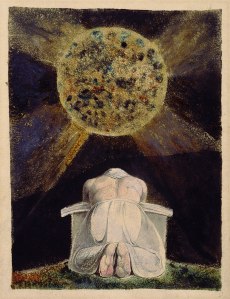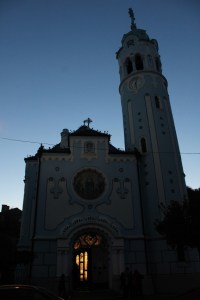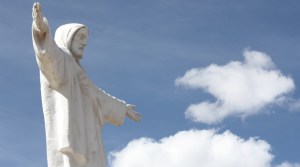 Love Thy Stranger: How the Teachings of Jesus Transformed the Moral Conscience of the West by Bart D. Ehrman
Love Thy Stranger: How the Teachings of Jesus Transformed the Moral Conscience of the West by Bart D. EhrmanMy rating: 4 of 5 stars
Publisher Site – Simon & Schuster
Release Date: March 24, 2026
In this book, Ehrman argues that the development of Christianity started a sea change in the Western world’s approach to charity, altruism, and forgiveness. The idea is that both Greco-Roman philosophies and Judaism (Christianity’s religious precursor) were more tribal. Those systems clearly presented arguments for being charitable and kind, but in the context of those closest to you — your family and immediate neighbors — i.e. your ingroup. However, Ehrman proposes that those systems did not suggest any obligation to be charitable or kind to those who were strangers to one.
This is an intriguing book and provides many thought-provoking ideas and lessons from scripture, philosophy, and history. Ehrman definitely makes a case, but I don’t know that it is as strong as it might seem. In short, I think he did a great job of collecting stories and teachings that supported his point but showed less willingness to consider stories that might refute his thesis. I did appreciate how often Ehrman acknowledged contradictory views even when they conflicted with his own — often (appropriately) in footnotes. That said, I can’t recall seeing anything about the story of the Syrophoenician woman, a tale that seems to negate the book’s argument. In that story, a woman (of Syrophoenician origin) comes seeking Jesus’s help and is at first rebuked and turned away. Jesus says, “It is not fair to take the children’s food and throw it to the dogs.” Suggesting he neither sees her as the same species nor worthy of assistance. While it is true that Jesus does eventually assist her after she demeans herself (“Even dogs eat the children’s crumbs,) it’s still indication that he was far from advocating one behave lovingly toward all.
The book begins by dealing with broader questions, such as whether altruism actually exists (i.e. has existed) anywhere (i.e. are kind actions always self-serving?) and what the existing thinking was on the subject in Western philosophy and Abrahamic religion in Jesus’s day. I thought these first few chapters were quite beneficial for setting the stage before jumping into the building of the book’s central argument.
For those interested in what Jesus taught and what became of his teachings after his death, I’d recommend this book, or even for anyone interested in the changing shape of Western morality and ethics over time. I think the author conveys many interesting ideas in a readable and approachable way.
View all my reviews









